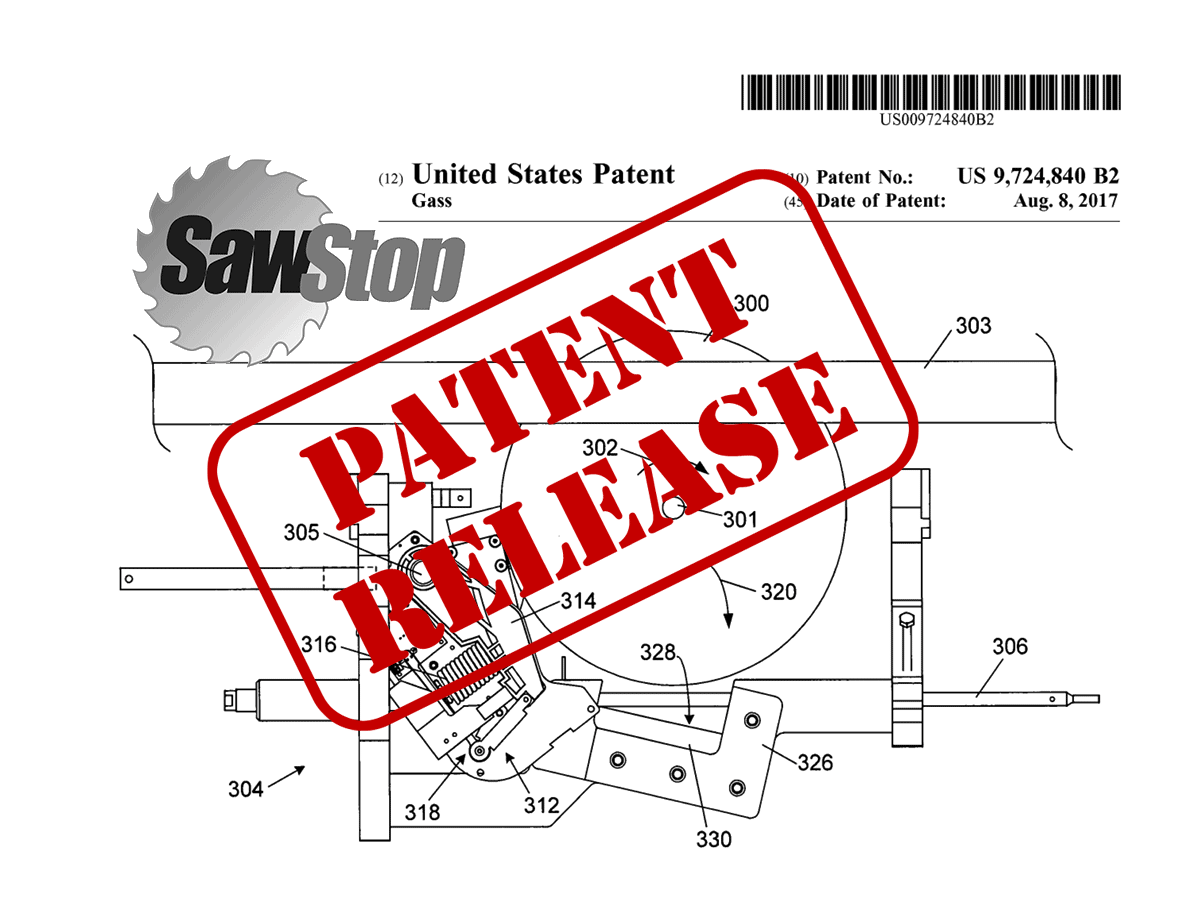Atlantic salmon have been released into the East Branch of the Penobscot River in Katahdin Woods and Waters National Monument in a bid to build their population/NPS, Alyssa Mattei
Though deep in the heart of Maine, and far from the coast, Katahdin Woods and Waters National Monument preserves a nursery for endangered Atlantic salmon, one that helps the species hang on.
Via the Penobscot River that reaches the ocean more than 100 miles from the monument, female salmon come to the river’s East Branch in fall to lay their eggs. After hatching the following spring, the fry spend two years in the fresh water streams before heading to the Atlantic to mature.
To help salmon reach the East Branch in the national monument, the National Park Service has received $140,000 through the Inflation Reduction Act to continue restoration work to improve aquatic passages (culverts and bridges) to benefit the fish, which once were found in every river north of the Hudson River, according to the agency. Today, though, they’re only seen heading upstream in Maine and Canada to lay their eggs.
At Katahdin Woods and Waters, projects during 2023 and over the past several years have entailed building and/or renovating durable bridges and culverts to improve Atlantic salmon habitat. The bridges and culverts have degraded over time through the effects of flooding, impacts from beaver dams and environmental conditions. The additional funding will increase the number of passage improvements and habitat restorations.
“We are pleased to receive funding to continue to improve Atlantic salmon habitat at Katahdin Woods and Waters National Monument. We look forward to continued engagement with Maine-based contractors, tribes and partners to make a difference in the Penobscot River watershed,” said Superintendent Mark Wimmer.
The goal of the project is to see that Atlantic salmon have greater access to breeding grounds, food resources, and cool water refugia. Improved passage will also restore natural flow regimes and will benefit sensitive wetland resources, aquatic and terrestrial habitats and recreation sites up and downstream of the projects, according to the Park Service.





